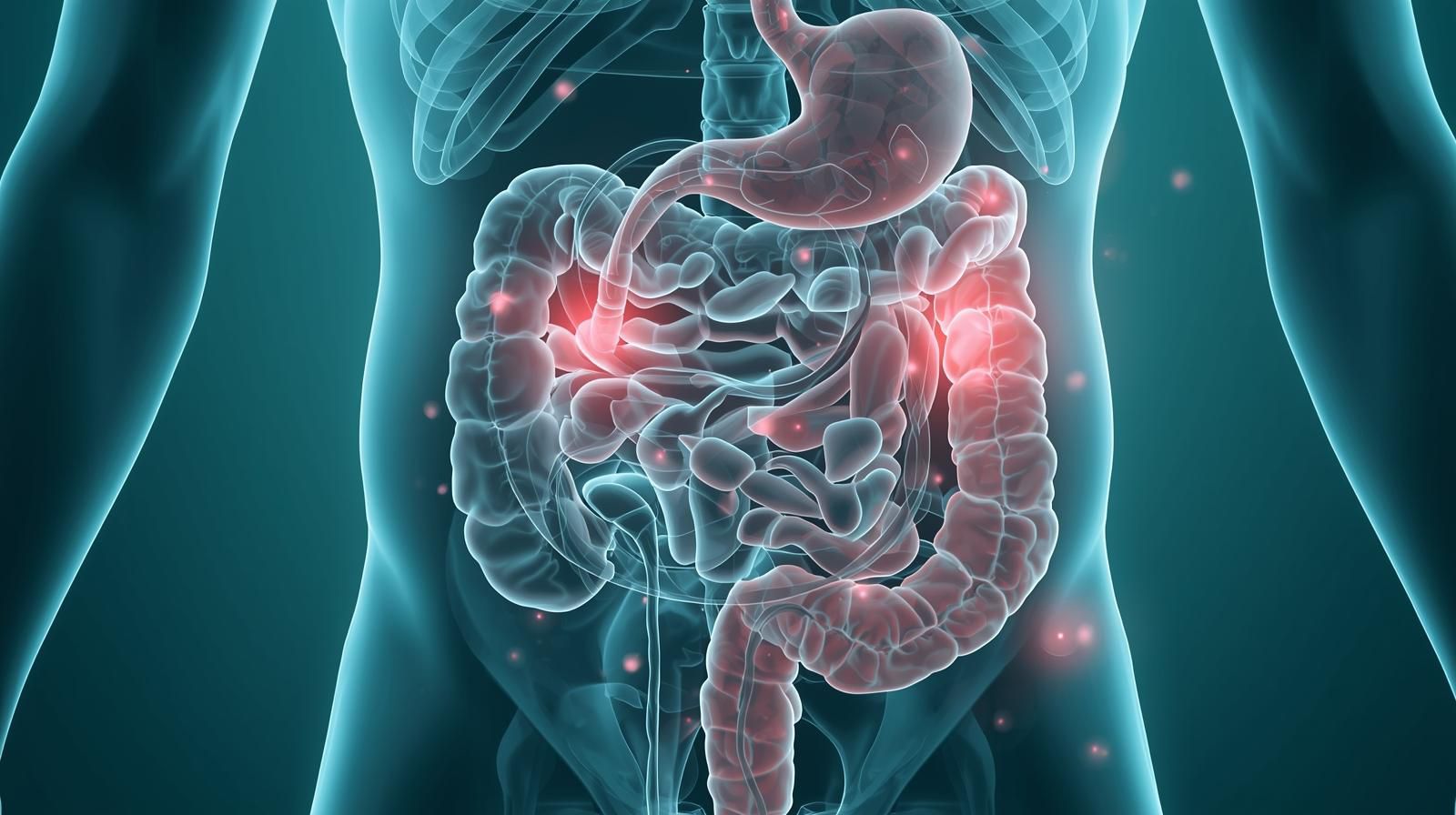A Closer Look at Colon Cancer
Colon cancer (also called colorectal cancer) is one of the most common types of cancer worldwide, but it is also one of the most preventable and treatable when detected early. At BB Global Health, we believe that raising awareness and providing clear information about symptoms, risk factors, and screening can save lives. This article will guide you through everything you need to know about colon cancer and how you can protect yourself and your loved ones.
What Is Colon Cancer?
Colon cancer begins in the large intestine (colon) or rectum and usually develops from small growths called polyps. While many polyps are harmless, some can turn cancerous over time. Detecting and removing these polyps during screening tests can stop colon cancer before it starts.
Key fact: According to the World Health Organization (WHO), colorectal cancer ranks among the top three most diagnosed cancers globally.

Common Symptoms of Colon Cancer
Colon cancer may not cause noticeable symptoms in its early stages, which is why regular screening is so important. However, some warning signs include:
-
Changes in bowel habits (diarrhea, constipation, or narrowing of the stool)
-
Blood in stool or rectal bleeding
-
Persistent abdominal pain, cramps, or bloating
-
Unexplained weight loss
-
Fatigue and weakness
If you notice any of these symptoms lasting longer than a few weeks, consult a healthcare provider immediately.
Risk Factors You Should Know
While anyone can develop colon cancer, certain factors increase the risk:
-
Age: risk rises after age 45
-
Family history of colorectal cancer or polyps
-
Genetic conditions such as Lynch syndrome
-
Diet high in red or processed meats
-
Sedentary lifestyle and lack of physical activity
-
Smoking and heavy alcohol use
-
Obesity and poor diet lacking fiber
Understanding these risk factors can help you make informed lifestyle choices and plan timely screening.

The Importance of Early Screening
The most powerful tool against colon cancer is early detection. Screening tests can identify polyps before they become cancerous.
Common Screening Methods:
-
Colonoscopy – the gold standard test that allows both detection and removal of polyps.
-
Fecal immunochemical test (FIT) – checks for hidden blood in stool.
-
CT colonography (virtual colonoscopy) – uses imaging to detect abnormalities.
When to start? Most medical guidelines recommend beginning regular screening at age 45, or earlier if you have a family history of colorectal cancer.
Prevention: What You Can Do
Reducing your risk of colon cancer is possible with lifestyle changes and preventive care:
-
Eat a balanced diet rich in fruits, vegetables, and whole grains
-
Limit red and processed meats
-
Stay physically active
-
Maintain a healthy weight
-
Avoid smoking and excessive alcohol consumption
-
Keep up with recommended screening schedules

Colon Cancer Awareness and Global Health
Raising awareness about colon cancer is not just a medical issue, it’s a public health responsibility. At BB Global Health, our mission is to support prevention, provide access to expert screenings, and offer advanced treatment options for patients worldwide.
If detected early, colon cancer is preventable, treatable, and survivable. By recognizing the symptoms, understanding your risk, and prioritizing regular screening, you can protect yourself and your family.
Take the first step today. Schedule your colon cancer screening with BB Global Health and invest in your long-term health.



